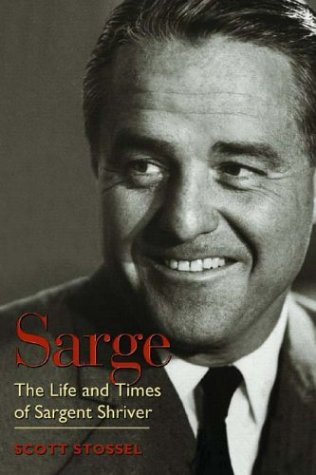
| By Admin1 (admin) (pool-151-196-44-226.balt.east.verizon.net - 151.196.44.226) on Sunday, May 09, 2004 - 2:06 pm: Edit Post |
"Knifed"

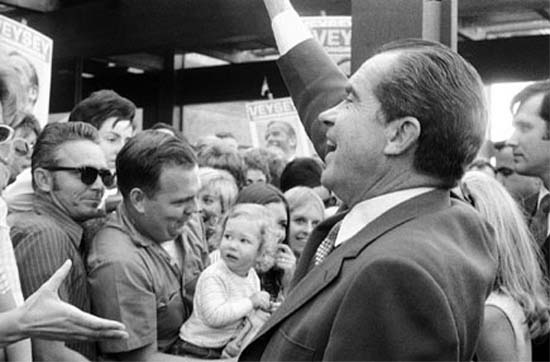

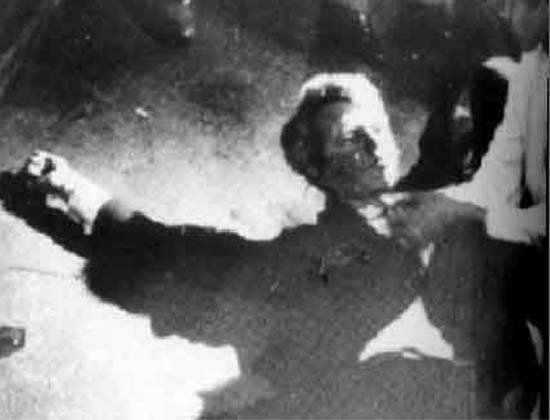
I had a long and private meeting Tuesday with Fred Dutton [a former aide to JFK who had remained close to the Kennedy family] and asked him how the hardcore Kennedy people would react to you as Vice President. I went over the reasons why your selection would be good for Humphrey and the country, hitting hard on the symbolic meaning it would have for the young, the poor, and the black. He thought this made sense, and expressed the belief that the idea would be accepted by most of the people around Kennedy, himself (Dutton) included.In mid-July, Bill Josephson, the former general counsel of the Peace Corps, met discreetly on Shriver's behalf with Max Kampelman, one of Humphrey's close advisers. As Josephson later reported to Shriver, Kampelman said that Humphrey "definitely" wanted Shriver in any Humphrey Administration and then brought up the subject of the vice-presidency. Presumably, however, the Kennedys would have to give their blessing before Humphrey made any official move.
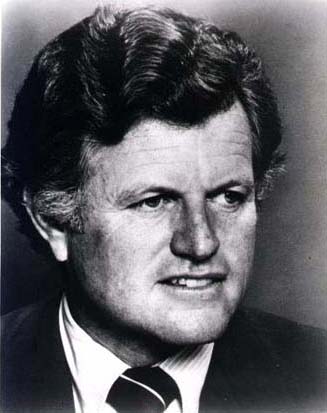
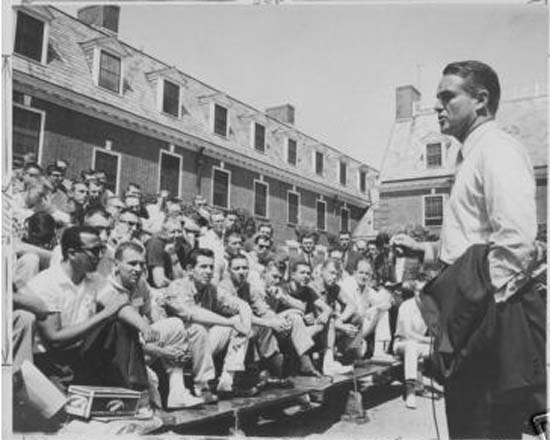
I said frankly I had never asked him or Steve or anyone else in the family for anything - which is true - Now all I suggested was that it brought no credit to anyone for Steve or others to attack me. I can't report that Teddie explicitly stated he would be neutral - My belief is this: He will try to be neutral ... but his neutrality would be neutrality for [Maine Senator Edmund] Muskie or [South Dakota Senator George] McGovern or [Maryland Senator] Joe Tydings and neutrality against [Oklahoma Senator] Fred Harris or me.Humphrey was evidently convinced that Shriver had all the qualifications he was seeking in a running mate; Max Kampelman recalled in a memoir, "Hubert was very fond of Sarge, whose genial and charming exterior hid a strong sense of principle, personal integrity, and stubborn independence." But he felt he could not choose him without the Kennedy family's unequivocal blessing. Still, a few days before the convention began, Fred Harris told Moyers that Humphrey had narrowed the list to Shriver and himself.




| By Anonymous (65.198.133.72) on Thursday, December 27, 2007 - 4:11 pm: Edit Post |
So the gov didn't kill the Kennedy's? Bull